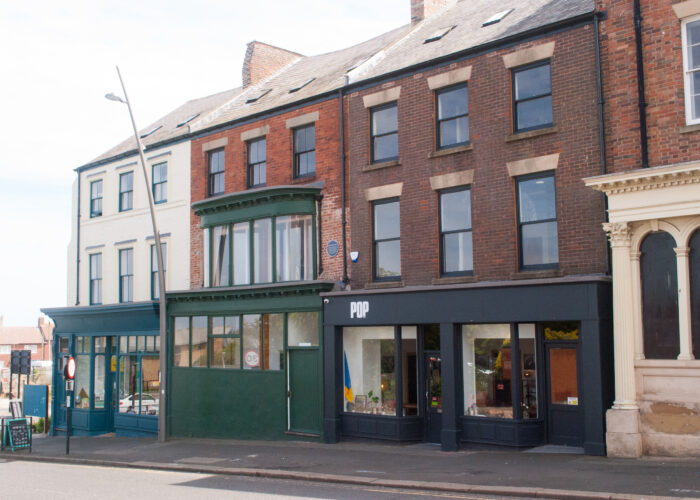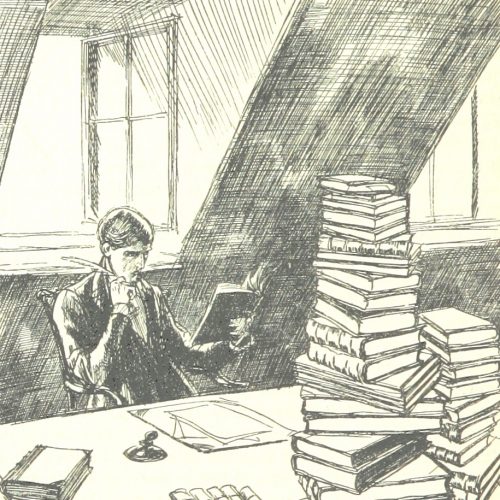My first joint-authored academic article has been published. A result of the Mapping Museums project, it serves as an overview of much of the research that the team conducted.
The abstract:
During the late-twentieth century there was a significant increase in the number of museums in the UK. Apart from the polemic heritage debates of the 1980s and 1990s, the boom in museums was not much investigated. Our project “Mapping Museums” collected and analysed data on over 4000 UK museums that were open in the period from 1960 to 2019. Here we present our findings. We show that the number of museums increased from around 1000 to a highpoint of 3360 in 2016, that the sector continuously expanded for 55 years, but that the rate of growth and closure varied depending on the museums’ size, governance, subject matter, and location. Small and medium museums proliferated, as did independent museums; growth in the South of England far out-paced that in the North; local history museums multiplied and new subjects came on stream. The museum boom re-shaped the sector.
Read the article here: https://www.tandfonline.com/doi/abs/10.1080/09548963.2023.2227864. It’s behind an academic paywall, so if you want to read it but don’t have access, feel free to contact me.

